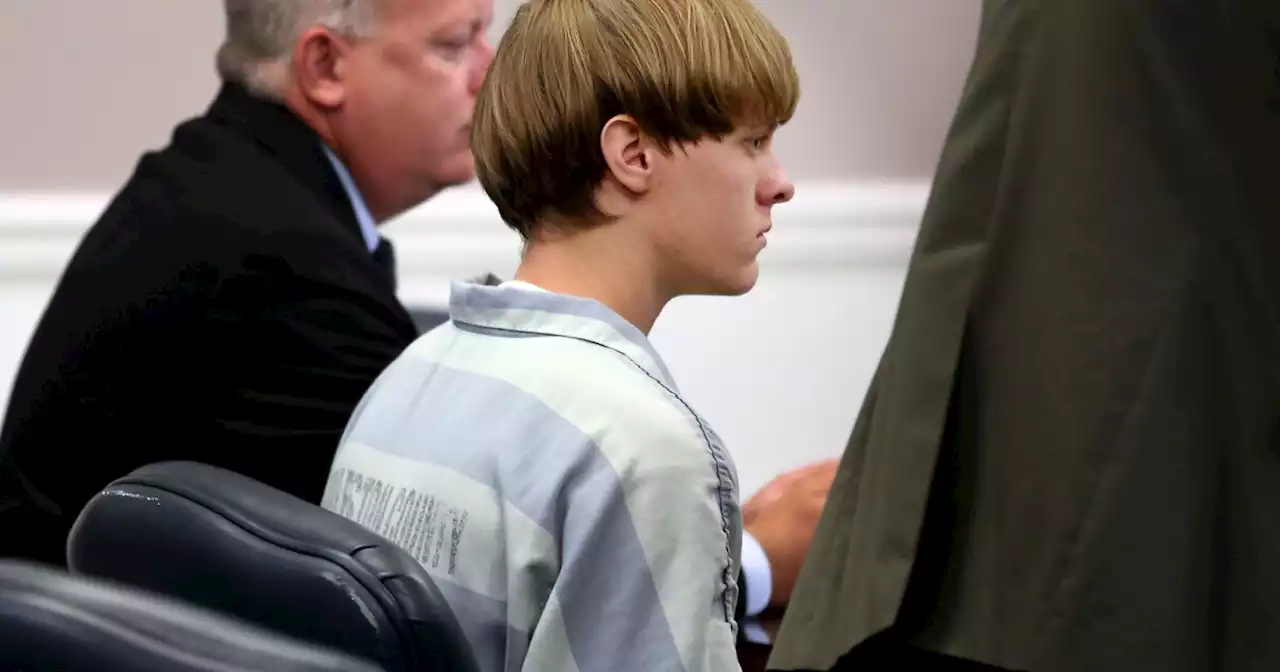Attorneys for convicted Charleston church shooter Dylann Roof asked the Supreme Court on Wednesday to review his case after a lower federal appeals court denied a request to vacate his convictions and death sentence.
Roof has been unsuccessful in prior efforts to vacate the convictions and death sentence he received following the racially motivated 2015 shooting of nine black congregants at Emanuel African Methodist Episcopal Church in Charleston, South Carolina, when he was 21. The defendant, now 27, asked the justices to review his case to resolve legal questions that have created broad interpretations in federal appeals courts, with Roof claiming they affected his case.
One of those incidents involved the question of which authority, between the defendant and his legal counsel, outweighed one another when the jury was shown mitigating evidence of Roof's purported mental illness, which could have resulted in a lighter sentence.Roof fired his legal team during his sentencing and represented himself after the court said he could not block his attorneys from showcasing evidence depicting him as mentally unwell despite his objection.
"Had Roof been tried in any one of those majority jurisdictions, he would not have been forced to self-represent at his capital trial to block his own attorneys from presenting evidence he abhorred," his filing reads, according to the Charlotte Observer."Though his crime was undeniably horrible and the government’s case in aggravation substantial, Roof had a meaningful non-mental-health mitigation defense that jurors should have heard.
Last year, a panel of judges on the U.S. Court of Appeals for the 4th Circuit in Richmond declined to return Roof's case to a lower court as his legal team sought its competency evaluation of Roof. Judges on the appeals court recused themselves from hearing Roof's case. The defendant subsequently asked the court to reconsider the recusal, to which it denied the request, including one for a new hearing.If his direct appeal is unsuccessful, Roof could file for a 2255 appeal, which requests the trial court to review the constitutionality of his conviction and sentence. He could also seek a presidential pardon.
